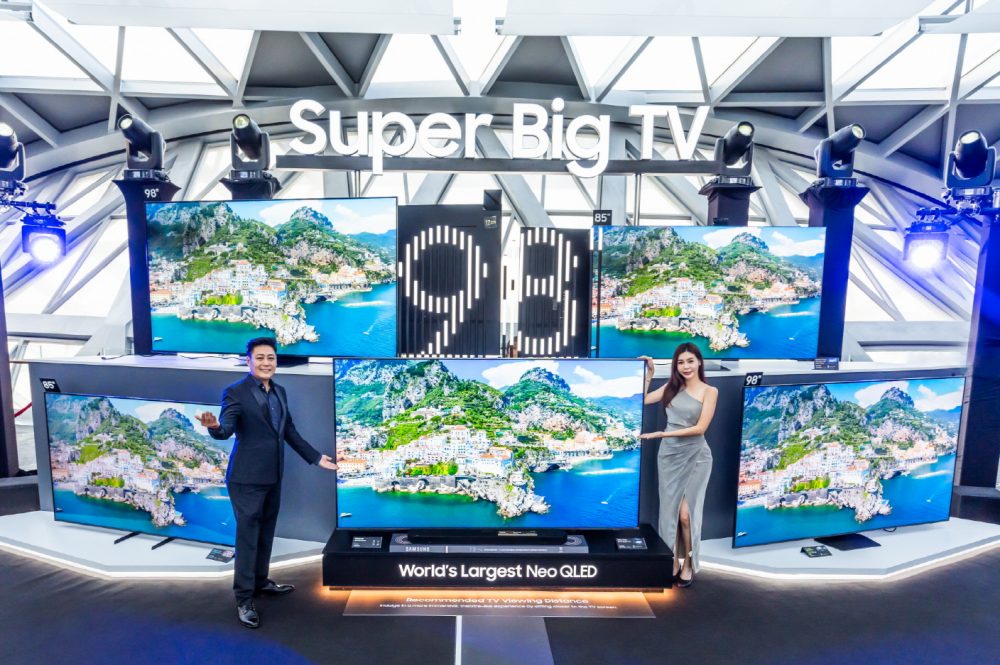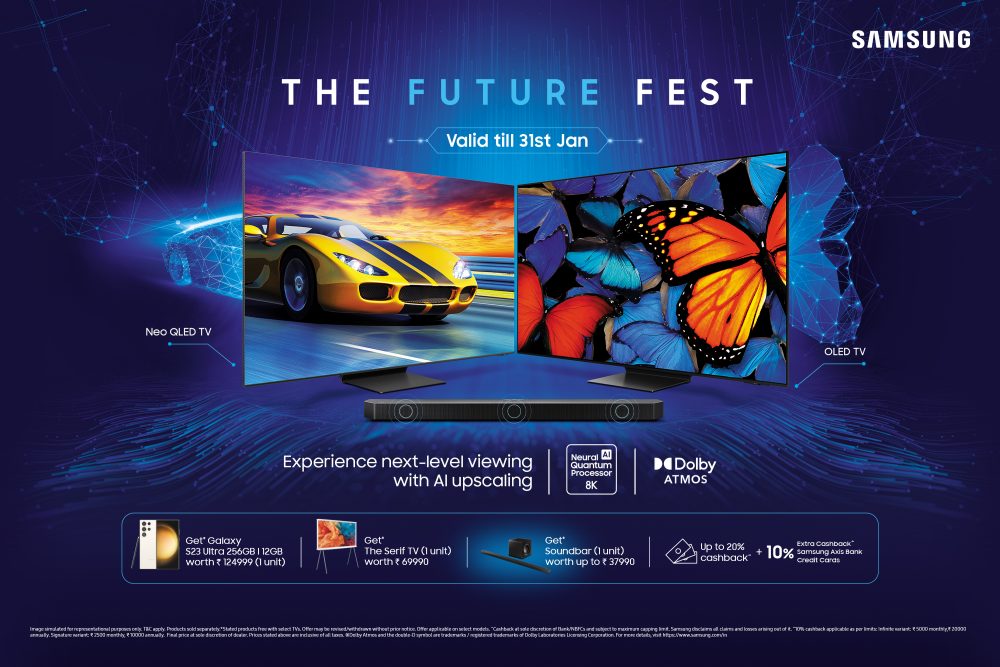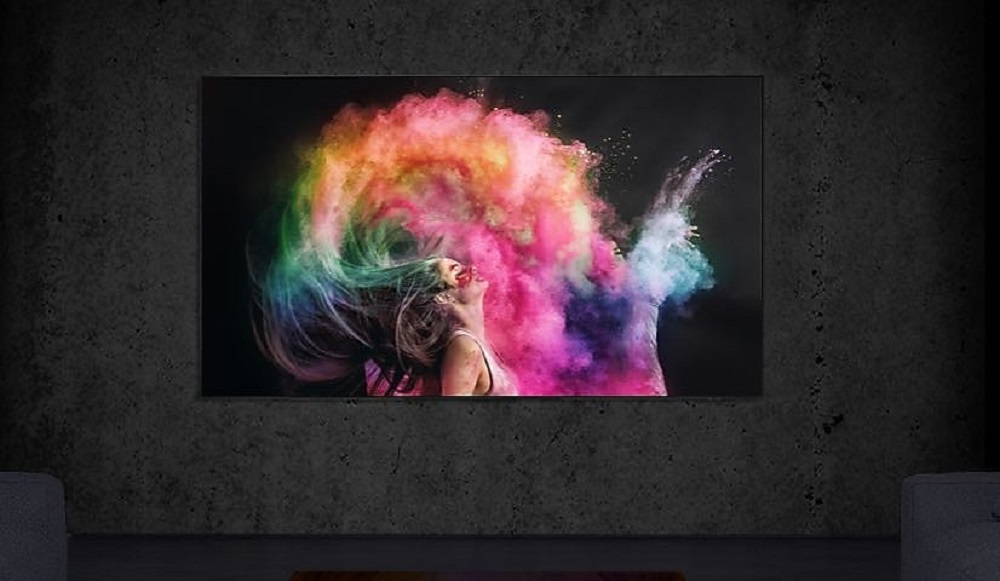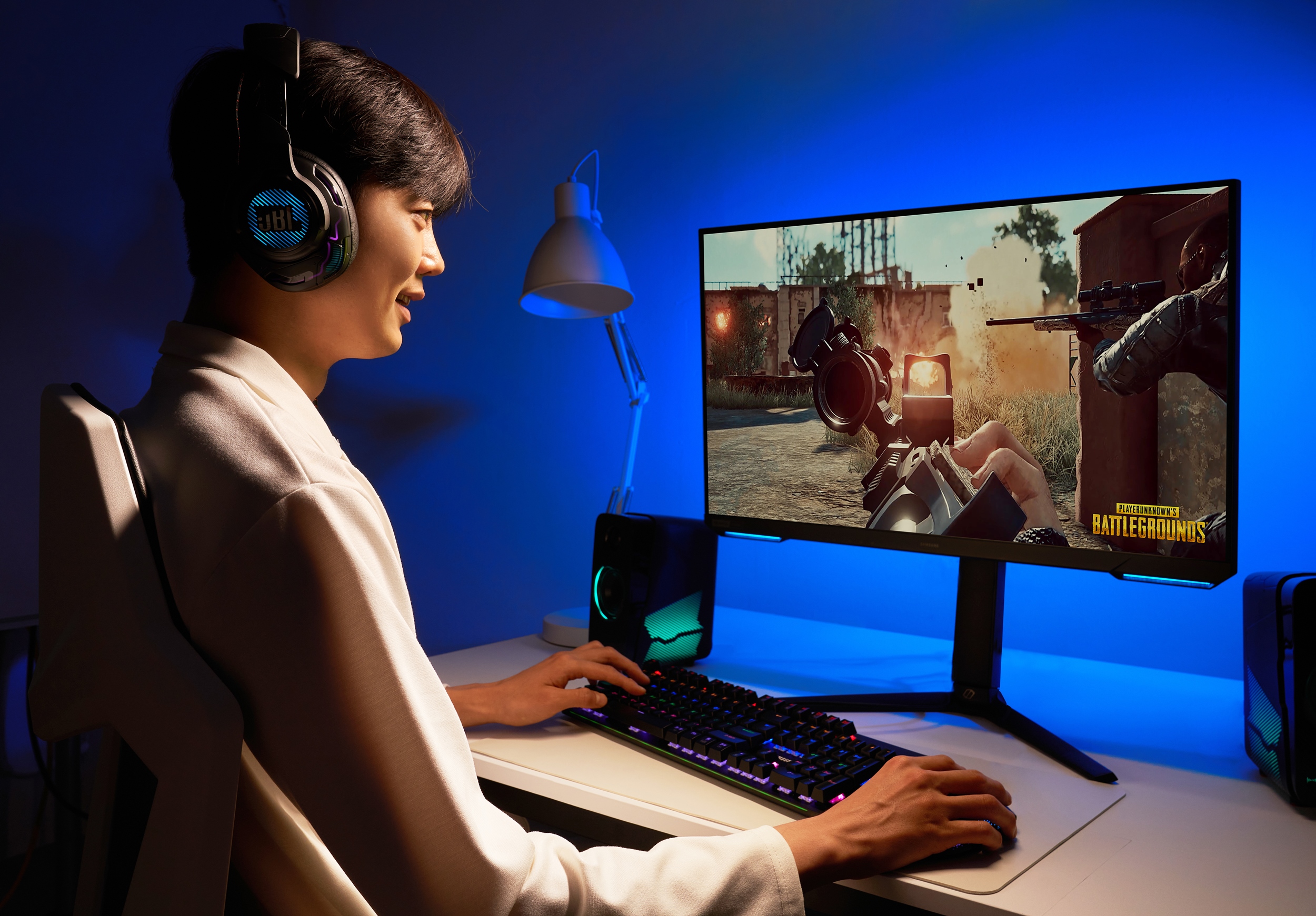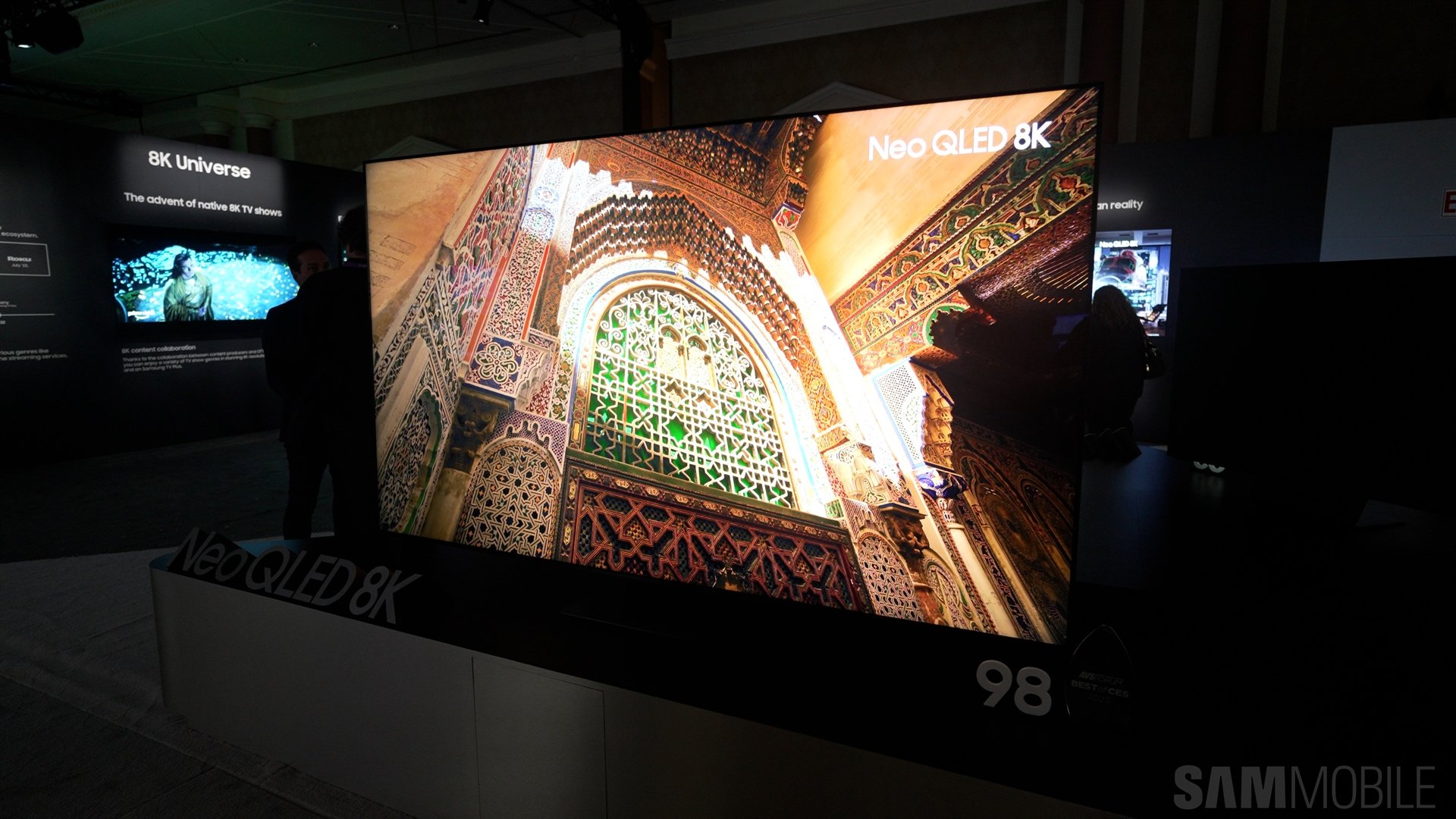
At present, one of the main arguments against 8K TVs is that there isn't much 8K content to enjoy. 4K is still the norm, and there's no telling when 8K will become the go-to resolution.
In other words, buying an 8K TV now might not be a wise future-proof investment because it's difficult to predict when 8K will take over. However, there are other aspects you might want to consider when choosing between a 4K or 8K TV in 2024.
Why you may want to pick a Samsung 4K vs 8K TV
- Streaming services don't support 8K.
- Buying an 8K TV for future-proofing might not pay off. By the time 8K becomes mainstream, you may want to upgrade to a newer TV. It's a gamble.
- Console video games don't support an 8K resolution (but the PS5 Pro might change that. More on that later).
- 8K TVs are considerably more expensive than 4K TVs.
- Samsung only offers 8K TVs of the Neo QLED variety. There's no 8K OLED option on offer as of this writing. Both technologies are great, but OLED is superior to Neo QLED.
- You could buy a 65-inch 4K OLED (S95D) TV for a much lower price than a 65-inch 8K Neo QLED (QN900D) TV. The price gap is about $1,600 at this size.
- Aside from being more expensive, 8K TVs consume more energy than 4K TVs.
Why you may want to pick a Samsung 8K vs 4K TV
- Although streaming apps don't yet offer native 8K content, the 8K AI upscaling engine on 8K Neo QLED TVs can offer a crisper image.
- Watching 8K videos recorded with your Galaxy phone on an 8K TV might also yield higher-quality results than 4K TVs.
- Even though 8K is not widely adopted, video games are beginning to step into the 8K era. For example, the new PlayStation 5 Pro console enables an 8K@60fps resolution (without ray tracing) for Gran Turismo 7.
- The top-of-the-line QN900D 8K Neo QLED TV from Samsung offers a higher maximum refresh rate of 240Hz in 4K mode. If you want high frame-rate PC gaming, this is your best option. 4K TVs can do 120Hz tops or up to 144Hz with the Motion Xcelerator feature ON.
- If you intend to buy a supersized TV, 8K might make more sense than 4K. The bigger the screen, the more visible the difference between 4K and 8K resolutions becomes. An 8K resolution will give you a higher fidelity even at 75-inch or larger sizes, especially if you watch the TV from a shorter distance.
Conclusion: Is it worth buying an 8K Samsung TV in 2024?
On the one hand, Samsung's 8K TVs appear to be the best choice for people who want the best Neo QLED experience, even if it means a much higher cost.
On the other hand, there's not a lot of native 8K content to enjoy. Besides, the price gap between 4K and 8K can be very high, and a cheaper top-tier 4K OLED TV might offer a better experience and value for money than a similarly sized and specced-out 8K Neo QLED TV.
More after the video
All in all, it's not unreasonable to consider buying an 8K Samsung TV if the high cost is not an issue and you want the best possible experience, even if most content won't maximize your TV's potential. If the high costs are not a barrier and you want 8K upscaled content, a higher 240Hz refresh rate (on QN900D), or an 8K resolution for a (very) small selection of content like emerging 8K video games, Samsung's 8K Neo QLED TVs are waiting.
However, if value for money is a concern, 8K doesn't look like a worthwhile — or maybe even a future-proof — investment. You will most likely get much more value for your money by picking a top-tier 4K OLED TV, or even a top-tier 4K Neo QLED TV, for a lower price than a high-end 8K Neo QLED TV.














